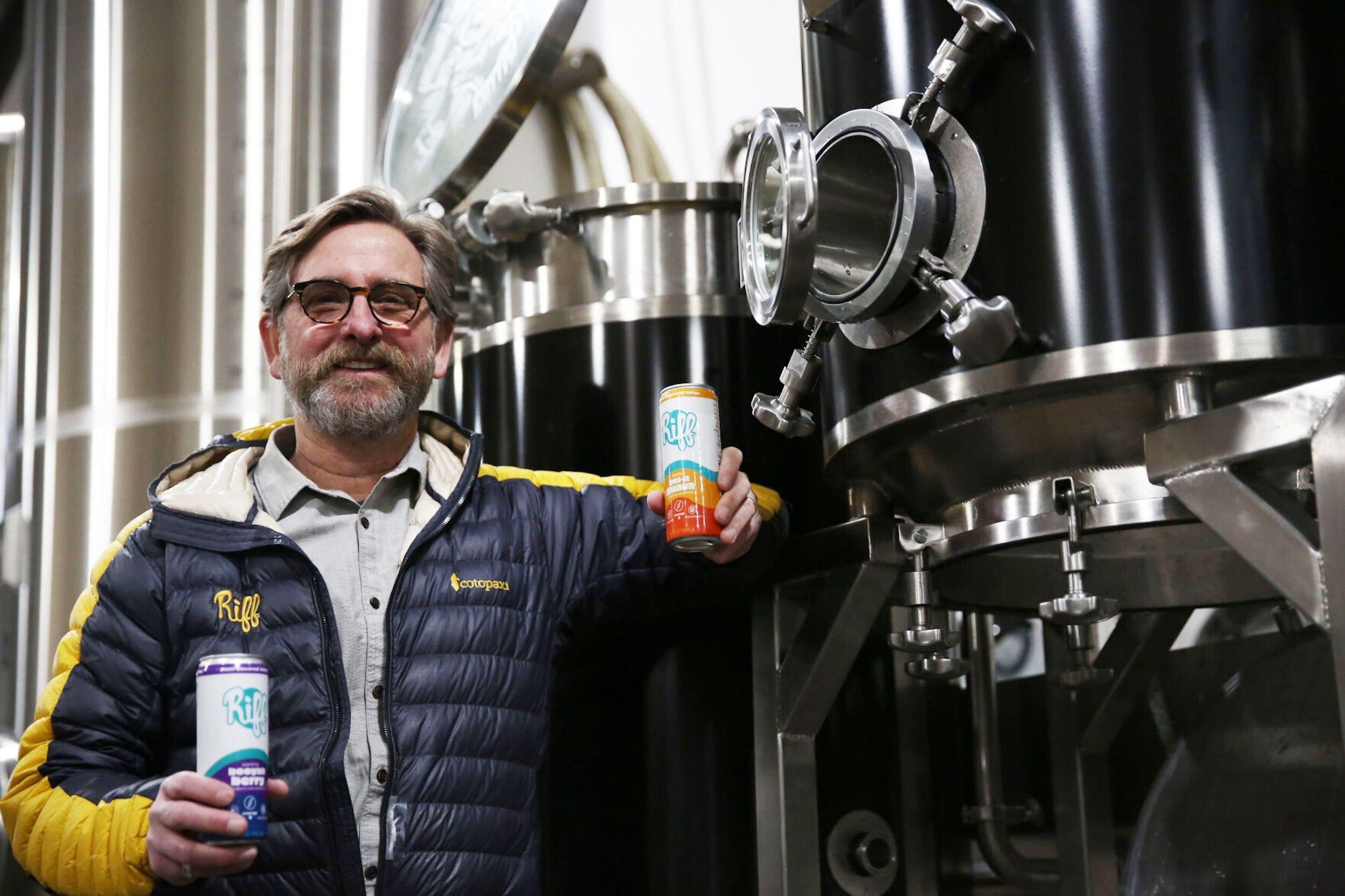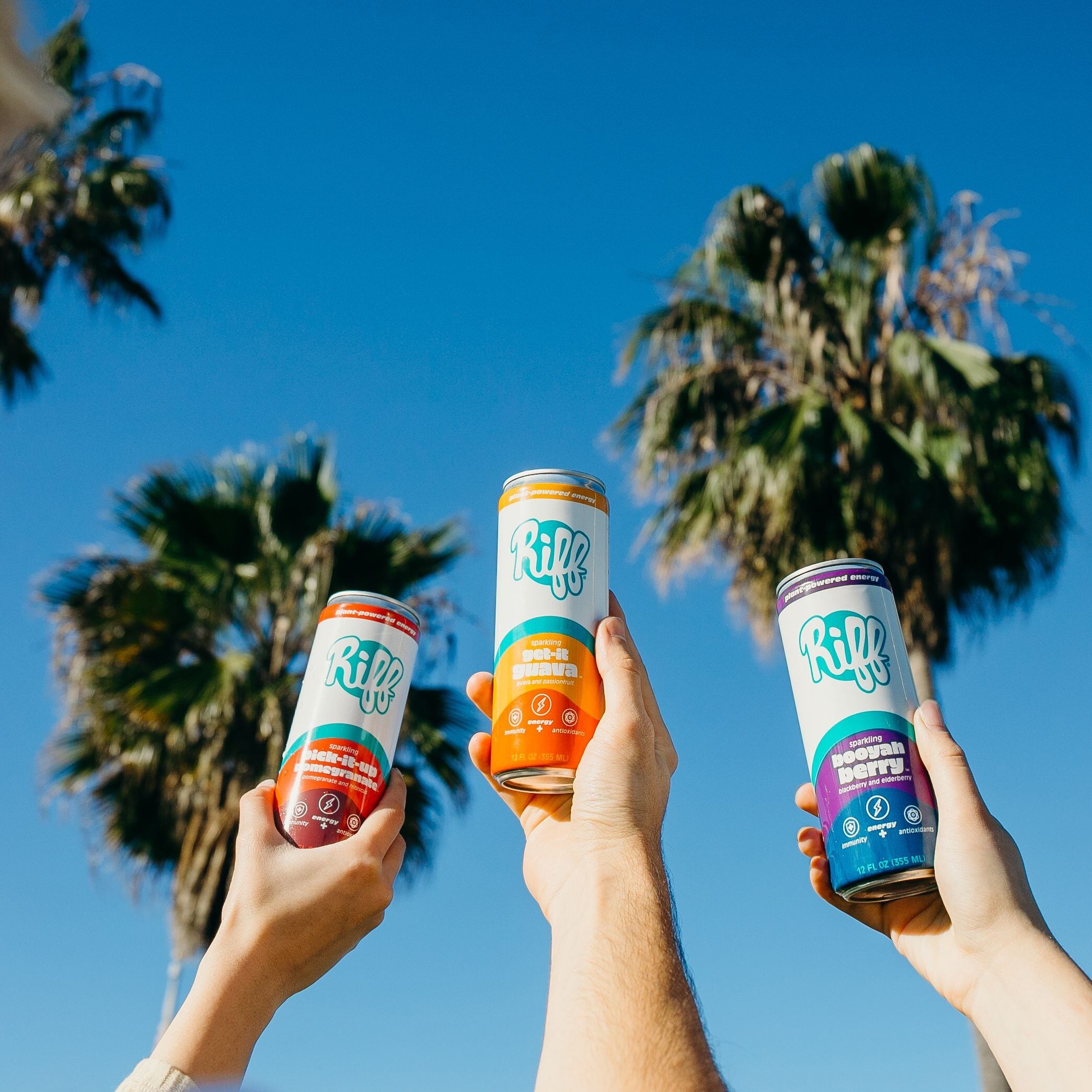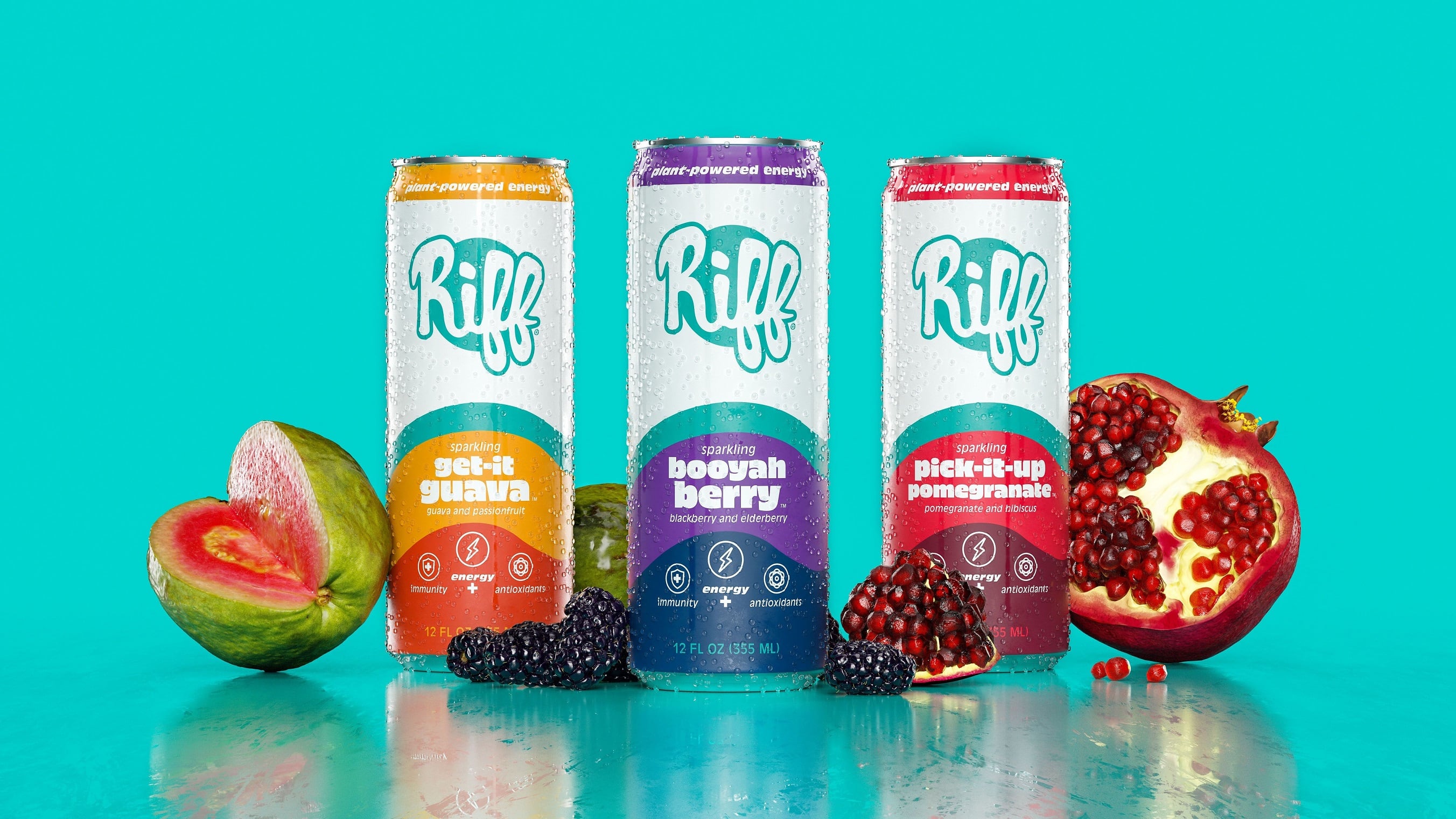We caught up with the Oregon brand’s co-founder, Paul Evers, to find out more about clean caffeine, the key ingredient behind the brand’s sustainable positioning, and how Riff Cold Brewed hopes to encourage the wider coffee industry to be more sustainable.
What was your inspiration behind Riff Cold Brewed?
Trying to discover what the next new, exciting category was, my son Bobby (co-founder of Riff Cold Brewed) and I started developing an idea and landed on the cold-brewed coffee sector.
I saw parallels between what was happening in cold-brewed coffee in the coffee category with what I previously saw happen with craft beer in beer. You had smaller producers being more innovative, not really stuck in entrenched ways of going to market and product development and strategy, and were more nimble and embraced experimentation. That's what excited me about the cold brew category.
We set out to create a great cold brew coffee brand that brought a craft sensibility to the segment with innovation and creativity. We wanted to produce the best quality cold brew coffee on the planet, and we launched a product to market in 2018.
We are a fiercely purpose-driven company. Our vision is to explore and celebrate 100% of the coffee plant's agricultural value to help reverse coffee's contribution to climate change and create greater economic viability for coffee farmers while also delivering something great and beneficial to consumers. We are not going to be able to maximise impact unless we have scale.

Why did you opt for the RTD format?
We have been primarily RTD from the very beginning, so packaged and single-serve. We have a draught offering with our cold-brew coffees, but 95% of our business is packaged single-serve containers that are RTD. That is how we can get scale. Our Riff Energy+ Immunity product is pasteurised and has a shelf life of at least 365 days, so the shelf stability helps with the single-serve formula.
If you look at the back of the can of our Riff Energy+ Immunity, it has the same amount of caffeine as a cup of coffee, 120 milligrammes. Consumers understand that, it is familiar.
You discovered cascara—what was interesting about this ingredient from the outset?
The initial component of interest to people when they were harvesting coffee was cascara, the dried skins of coffee cherries. But what grew popular with export was the beans. Everybody knows what coffee is, but not everyone knows that coffee is a fruit and that there is this wasted byproduct of the coffee harvest called cascara.
Cascara is loaded with nutritional value too. It has got potassium, iron and antioxidants. It ranks very highly in the superfruit category.
How did you start experimenting with cascara?
With that commitment to innovation and experimentation, we started working with cascara. I was fascinated by it. So we imported a dry cascara, dried at source because it is punctured and vulnerable to microbes. We imported dried whole cherry, basically, the fruit, fruity pulp, and the skin all dried together and then started experimenting with steeping it.
The fruit’s skin is punctured at source, at the first stage of processing when they are extracting the coffee beans out of the fruit (although they are not beans, they are a two-headed seed within a fruit, like a stone fruit).
My co-founder, Nate Armbrust, had worked with cascara in the past, so he was familiar with it. We created a cascara-based beverage. That evolved into the product that we have just released, a ready to drink, sparkling natural, clean energy drink.
What does clean caffeine mean to you, and how does it provide a solution?

Clean caffeine is a plant-derived caffeine source that is good for you. It is not synthetic, produced in a lab. It also means the entire ingredient panel is good for you and clean. Our new drink is all plant-powered. We do have some natural flavours in there that are organic.
For us, that is clean caffeine, as the source of the caffeine comes specifically from cascara and then also caffeine comes from green coffee. Then as part of a larger offering, the total product is clean.
Our solution is to build awareness of cascara by translating it into a product that has promise of scale to generate demand. That also leads to social impact in coffee-growing regions. There are 25 million smallholder farmers across the globe that are growing 80% of total coffee. The vast majority are having a very challenging time making a reliable living. By processing cascara and selling it, they could potentially double their income or their revenue and double their employment.
So it would be a win too by injecting some economic equity into the supply chain. We are helping to save the planet. Then we are translating cascara into something that actually consumers can benefit from. That takes us to the clean caffeine Energy+ Immunity drink that we just released last month.
What are you proudest of, to date?
We are most proud of the fact that Riff Energy+ Immunity is carbon neutral. It was a conclusion that a researcher at Oregon State University brought to us, and she was very excited because she said, "You're very close to being carbon neutral". She did her calculations based on saving cascara from going to landfill and then the calculations around the packaging and all the various ingredients.
We have a little bit of a deficit that we have to make up for by planting trees; approximately three or four trees per pallet are produced. We are achieving that by working with a non-profit organisation in Oregon, US, called Grow Ahead. They work directly with coffee farming communities and reforestation projects. We are working with a group in Peru too, which is planting trees on coffee plantations that also help by providing shade and mitigating the increasing temperatures.
We are continuing to, as we scale, critically look at our packaging and ingredient makeup to make sure that we are incrementally improving our carbon footprint.
What are your short term and long term goals, and what impact do you hope to have on the caffeine market?
Our primary goal is to be the champion of cascara and lead the way in building awareness around cascara and all of its holistic benefits, including helping the environment, the coffee farming communities, and consumers. I have been reaching out to other brands that are leveraging cascara and producing cascara beverages in the hope to form a trade group so we can coalesce and work together in advancing this.
We love coffee and our goal is to explore and celebrate 100% of the coffee plant's agricultural value. On the cascara side, we are looking to scale and plan to have national distribution here within the next two to three years.

